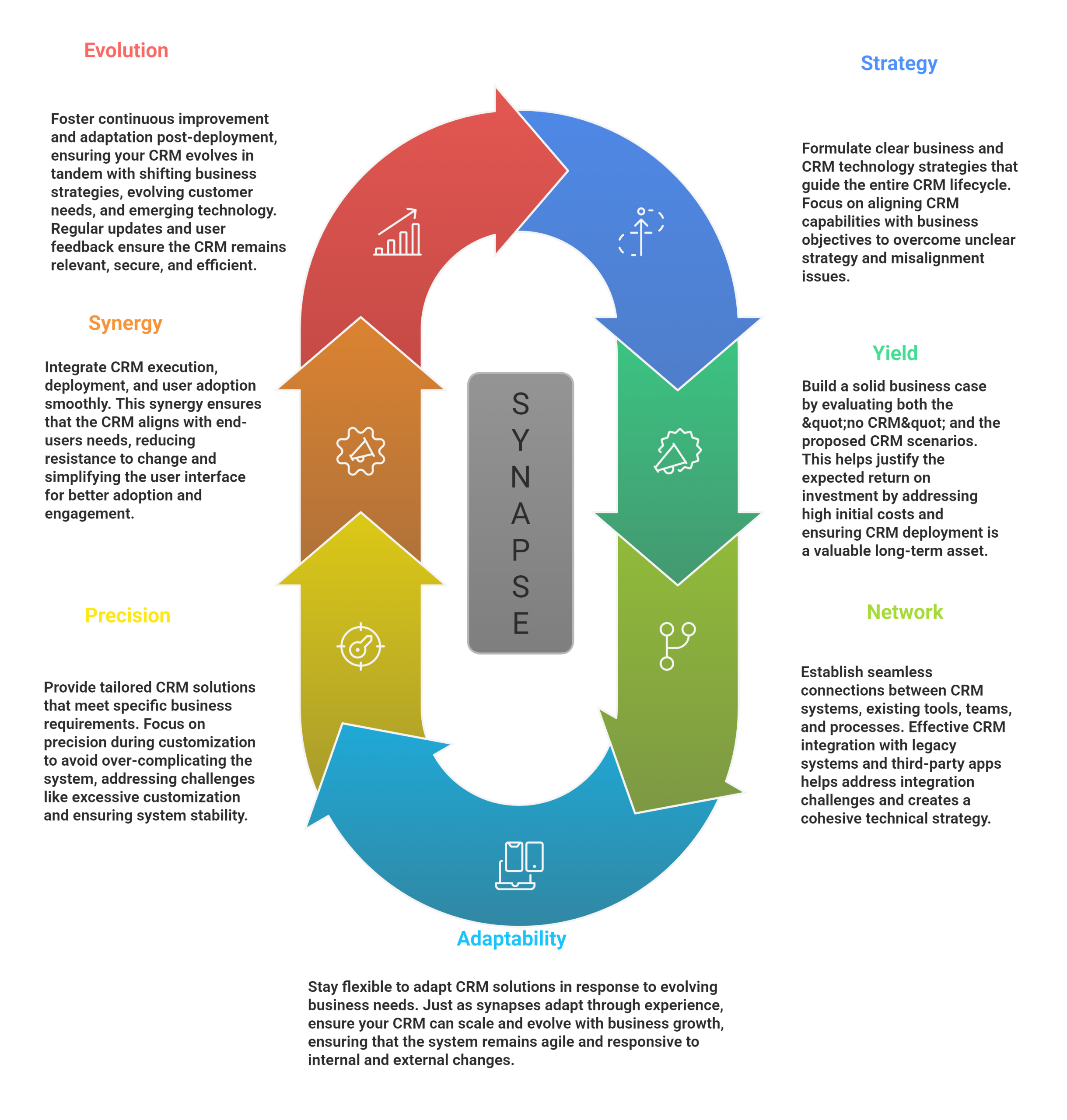- About Us
- Expertise Zone
- Success Stories
- Analytics Solution – Investment Bank
- Customer 360 – Retailer
- Data Lineage – Trading Exchange
- Data Quality – Financial Organization
- Leveraging Financial Information – Generative AI
- Data Privacy Program – Financial Organization
- Digital Transformation – Mobility Support
- Digital Transformation – Healthcare
- Work With Us
- Succeed Together
- 250 Main Street, 2nd Floor, USA
- support@example.com
- About Us
- Expertise Zone
- Success Stories
- Analytics Solution – Investment Bank
- Customer 360 – Retailer
- Data Lineage – Trading Exchange
- Data Quality – Financial Organization
- Leveraging Financial Information – Generative AI
- Data Privacy Program – Financial Organization
- Digital Transformation – Mobility Support
- Digital Transformation – Healthcare
- Work With Us
- Succeed Together
Leads to Loyalty
Why Customers Are the Heartbeat of Your Business
Customers are not just revenue sources—they are the foundation of your business’s success. Understanding their needs, preferences, and pain points is critical to building lasting relationships and fostering loyalty. Effective customer management ensures satisfaction, drives repeat business, and turns clients into advocates for your brand. In today’s competitive landscape, businesses that prioritize customer-centric strategies outperform those that don’t. By investing in tools and processes that enhance customer management, you’re not just selling a product or service; you’re delivering an experience that resonates.
From Lead to Invoice: The Lifecycle of Customer Engagement
The journey from a lead to a loyal customer is a carefully orchestrated process. It begins with lead generation, where potential clients are identified and nurtured through personalized engagement. Once a lead is qualified, it moves to the quoting phase, where tailored solutions are presented. After agreement, the order is processed, and services or products are delivered. Finally, the lifecycle culminates in invoicing and payment, followed by post-sale support to ensure satisfaction. Each stage is an opportunity to impress, and a seamless workflow ensures no opportunity is missed.
How a CRM Can Transform Your Business
A Customer Relationship Management (CRM) system is more than just a tool—it’s a game-changer for businesses. By centralizing customer data, a CRM provides a 360-degree view of every interaction, enabling personalized engagement and informed decision-making. It streamlines workflows, automates repetitive tasks, and ensures no lead falls through the cracks. With real-time insights, businesses can anticipate customer needs, improve retention, and drive growth. In short, a CRM isn’t just an investment; it’s the backbone of a customer-centric strategy.
Top 5 CRMs in the Market and Their Strengths
- Salesforce: The industry leader, known for its scalability, robust analytics, and extensive customization options.
- HubSpot: A user-friendly platform ideal for small to mid-sized businesses, offering seamless marketing and sales integration.
- Microsoft Dynamics 365: Perfect for enterprises, with deep integration into Microsoft’s ecosystem and powerful ERP capabilities.
- Zoho CRM: A cost-effective solution with AI-driven insights and a wide range of third-party integrations.
- Pipedrive: Designed for sales teams, focusing on pipeline management and ease of use. Each CRM has unique strengths, making it essential to choose one that aligns with your business goals.
Seamless Integration: Connecting CRM with ERP and Master Data Management
Integrating your CRM with ERP and Master Data Management (MDM) systems unlocks unparalleled efficiency and accuracy. By syncing customer data across platforms, you eliminate silos and ensure consistency in every interaction. For example, sales teams can access real-time inventory data from the ERP, while MDM ensures clean, unified customer records. This integration not only enhances operational efficiency but also empowers teams to deliver personalized, data-driven experiences. The result? Faster decision-making, improved customer satisfaction, and a competitive edge.
Beyond Basics: Modern CRM Features That Redefine Business Operations
Today’s CRMs are more than just contact management tools—they’re comprehensive business solutions. Advanced features like ticket management streamline customer support, ensuring timely resolution of issues. AI-driven analytics provide predictive insights, helping businesses anticipate trends and customer behavior. Marketing automation modules enable targeted campaigns, while collaboration tools enhance team productivity. Additionally, mobile accessibility ensures your team can stay connected on the go. With these capabilities, a modern CRM becomes the ultimate tool for driving growth, efficiency, and customer delight.
Drawing from our experience in designing and implementing CRMs across diverse industries, we present an elegant infographic highlighting the key challenges in CRM deployment.

Our Unique Approach
Successfully implementing a CRM is not just about deploying the software; it’s about overcoming a range of practical and organizational challenges. Companies often face difficulties aligning stakeholders across sales, marketing, and customer service; defining clear roles and responsibilities; ensuring data quality and accuracy; integrating the CRM with existing systems; and driving sustained user adoption. Without addressing these challenges, even the most powerful CRM can fall short of delivering its promised business value. We understand these complexities and can help you navigate them — ensuring your CRM implementation is set up for long-term success, delivers actionable insights, and empowers your teams to work more effectively.

